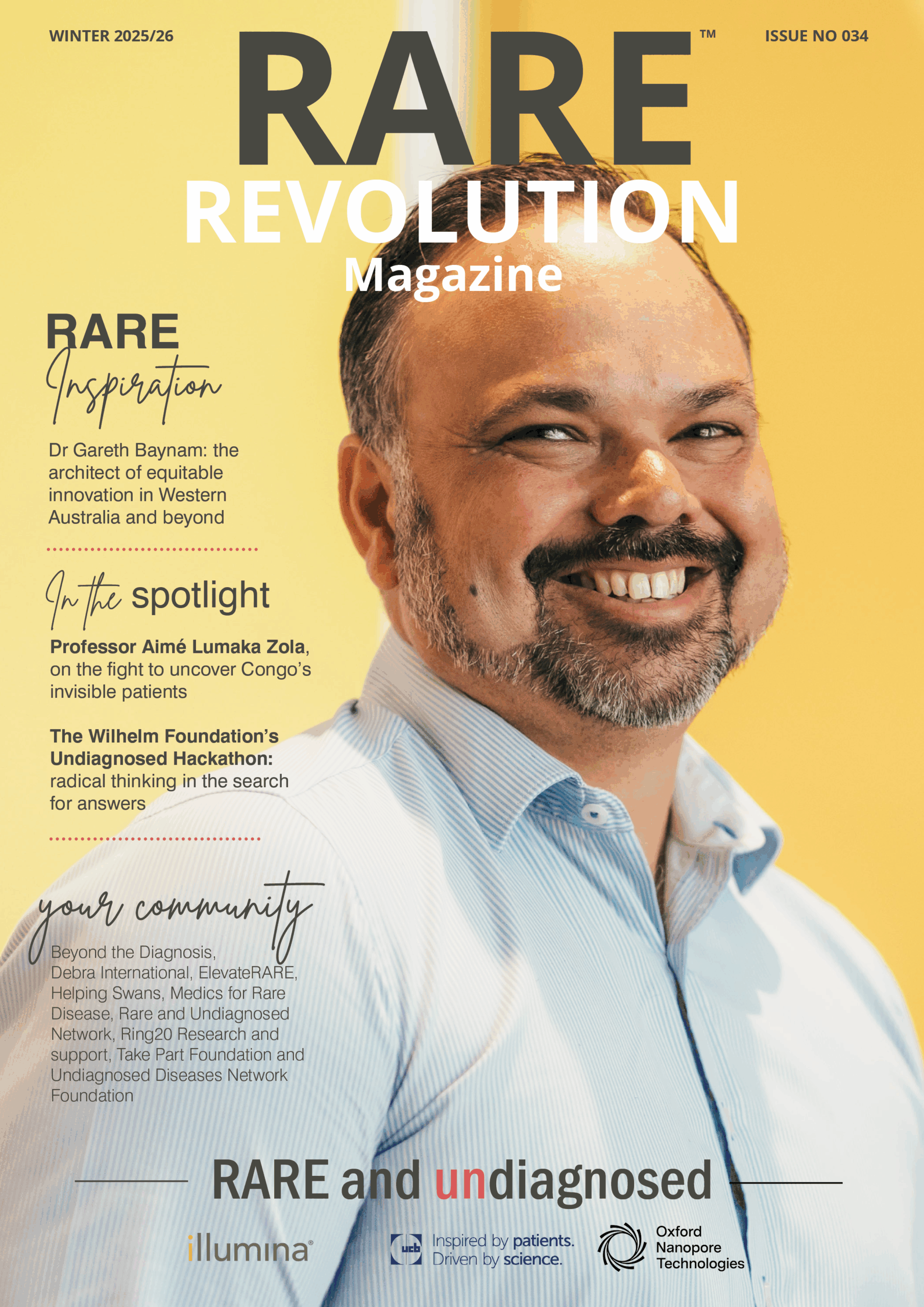Reframing the conversation around grief

Our Editor, Nicola Miller explores the grief people can feel before the life of a loved one has ended and how we need to work harder as a community to ensure we support families and individuals at all stages of their very personal and unique grief journey.
Bereavement (noun): the action or condition of being bereaved: “there is no right way to experience bereavement”
loss, deprivation, dispossession, privation, grief, sorrow, sadness, suffering, hurt, trauma, demise, decease, end, expiry, expiration,(Oxford Dictionary)
Death—the deprivation of life, is arguably the biggest certainty in life, for without death there has been no life. It is therefore something that every human, and indeed every living organism will eventually experience without exception. For most of us, that means that in our lives, we too, will experience the death of another and face the feelings of bereavement in varying degrees.
Being bereaved is no one-size-fits all, it may be a fleeting period of sadness or it may plunge us into untold grief resulting in a lasting trauma, and it can be every degree in-between. Very little compares to the experience of the permanent loss of a loved one. But there is a reality that we often feel uncomfortable acknowledging, unable to express openly with our friends or family or even unable to accept ourselves, and that is when the process of bereavement starts before the life of a loved one has ended, or when we bereave the loss of the life we planned.
There is no predefined start point for grief
Mortality is something we face daily in the rare disease community. Many of our community have faced the excruciating news that sometimes comes with a diagnosis—news that a condition may be life-limiting. The words “incompatible with life”, “terminal” and “nothing more we can do” are enough to drive fear and panic into any heart but are devastatingly commonplace in the world of rare disease.
So, what should we do, how should we feel when we get the “go home and make memories” talk?
While we may not know it by this name, or acknowledge it as such, what follows is a period of grief—an act of being bereaved.

But the show must go on—we can still hold our love one’s hand, and look into their eyes, and life goes on, so what right do we have to grieve?
We dry our tears, suck down our emotions and fear and (to share a wonderful mantra from the incredible Dan Shockley) we forge on with purpose with all our might.
The truth is though, bereavement and grief are not reserved for the deceased, the pain of loss can and often does start earlier, it can be just as pain filled and can span many angst filled years. It is important that we acknowledge it for ourselves to allow us to process these feelings and for those around us to understand this, so that support can be found where it is lacking. Reframing our understanding of this allows us to see this as a natural process, validating our emotions rather than feeling them to be disrespectful, self-indulgent, or lacking character or strength.

Bereavement without death – grief for a life lamented
We all dream and allow our minds to race ahead in our own lives. We fast track through our imaginations, to secondary school, falling in love, perhaps getting married and starting a family, our dream job, and maybe even our retirement plans.
But much like a death, which can bring your plans to the most devastating and abrupt halt, a health diagnosis can bring with it many of the same emotions.
In the blink of an eye, the life we saw stretched ahead of us may be gone.
Dreams maybe rendered just that—dreams.
And this is no less profound for loved ones than the individual. As parents we see the life we dreamed of parenting our beloved child or children disappear like smoke as we do with a partner, parent or friend.
All this is not so say that these lives are less—certainly, they are not—these lives will be filled with wonder and joy, but there is, without question, a process that needs to be respected. It is natural to experience a complex range of emotions—disappointment, anger, fear, jealousy (of others for whom life will carry on without apparent hiccup) and devastation to name a few. Acknowledging these emotions and allowing ourselves the time to grieve the loss of the life in our dreams and imagination is an important process.

For on the other side of this begins the reimagination. We adjust our expectations; we find new dreams and we get back to living our fullest life.
The more we feel as a community that we can have conversations about grief and bereavement, in its most complete definition of the word, the more we can lay the structure of support to help one another on our own unique journey through this. Then perhaps no one will suffer in silence and we can remove that internal conflict with ourselves around the validity of our emotions, and we can help each other shoulder the burden together until brighter skies lay ahead.



